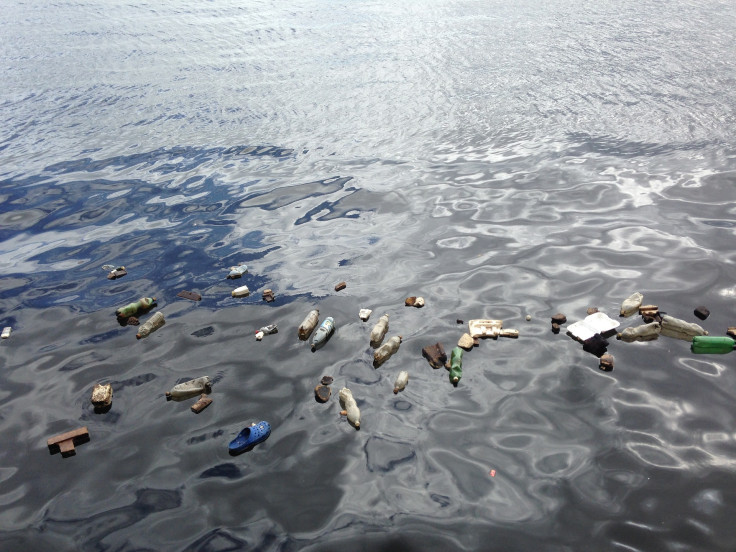UAE Launches Initiative To Track Water Pollution In The Country
KEY POINTS
- The Ministry of Climate Change and Environment announced the plastic waste monitoring program on Wednesday
- The program aims to raise awareness about the impact of water pollution on marine organisms
- It also aims to promote responsible consumption and disposal of plastic materials
The UAE has launched an initiative to monitor the plastic waste levels in the country. The Ministry of Climate Change and Environment launched the initiative on Wednesday, explaining that it involves tracking pollution in seas and coastal areas to identify the main types of waste and curb the amount of pollutants in these key areas.
"The plastic waste monitoring program in the UAE's marine environment represents one of our most prominent initiatives aimed at monitoring this type of waste and taking a number of measures to limit these pollutants in all the country's waters and beaches," said the Ministry's Assistant Undersecretary for Biodiversity and Marine Life Sector, Mohamed Al Hammadi.
"The upcoming period will witness work on the program and the ministry will showcase its results as soon as possible," he added.
Al Hammadi also explained that the initiative will help raise awareness on the impact of water pollution on marine organisms. "Through the program, we also seek to raise community awareness about the impact of plastic waste on the marine environment, which reflects on the life of marine organisms and threatens fishery resources and human health," he said.
He also reiterated the ministry's commitment to guiding stakeholders and members of the community toward responsible consumption and disposal of plastic products. "The program contributes to the UAE's achieving the 14th Sustainable Development Goal set by the United Nations, which aims to conserve the oceans, seas and marine resources and use them sustainably," he said.
The initiative is the latest effort from the UAE to address water pollution in the country following the implementation of a nationwide ban on plastic bags last January. The country also plans to ban the importation of plastic cutlery, drinking cups, styrofoam, and plastic boxes starting 2026.
Plastic waste is considered one of the biggest sources of water pollution in the world as it affects water quality and threatens the existence of marine animals and organisms. In Dubai, nine in every 10 turtles and five in every 10 camels found dead had plastic in their stomachs. Hundreds of camels also died in the country in 2008 after consuming plastic.

© Copyright 2023 IBTimes AE. All rights reserved.






















